19 May Can Gum Disease Lead to Heart Disease in Dogs
Periodontal disease is the most common disease afflicting our companion pets. Although our canine friends are living much longer lives due to advancements in veterinary medicine, it is not uncommon that the health of our pet’s teeth is often neglected. This lack of dental care is unfortunate as the oral cavity is the first part of the digestive tract and the gateway for optimal health.
Gingivitis, or mild gum disease, is the first stage of periodontal disease. It is reversible if treated, and oral hygiene is maintained. Periodontal disease, on the other hand, progresses from gingivitis and is considered irreversible in its later stages. Once periodontal disease is present, there is a constant battle to prevent further destruction of the tissues surrounding the tooth (gingiva, alveolar bone, cementum, periodontal ligament).
Heart Disease in Dogs
Cardiac disease affects dogs of all ages and breeds. Endocarditis (heart infection) tends to be more common in young, large-breed dogs. Dilated cardiomyopathy is more common in large-breed dogs as well as dogs with a nutritional taurine deficiency. Valvular cardiac disease is the most common cardiomyopathy seen in dogs and is associated more with small-breed dogs.
Valvular cardiac disease may manifest early in life. Still, more often than not, it will become apparent as a pet gets older. Many valvular diseases are diagnosed due to an incidental murmur picked up on a routine exam or before a dentistry procedure, then investigated through a diagnostic work-up. In these cases, the dental disease may not have caused the murmur or condition, but any chronic disease state will add a stress burden to the heart.
Chronic Gum Disease and Heart Health in Dogs
In humans, there has been a clear link between periodontal disease and cardiac disease. In dogs and cats, a definite association has been shown in numerous studies between periodontal disease and heart disease. In fact, studies have shown that the greater the severity of periodontal disease, the greater the risk and severity of cardiac disease in dogs and cats.
These findings emphasize the importance of preventing periodontal disease before it starts and treating it when it is already present. A key point to remember is that dogs and cats with both heart disease and periodontal disease can still have their dental disease treated. Heart disease does not preclude a pet from having their dental disease treated safely under anesthesia. In fact, these are the cases that need it the most!
Treating Dog Periodontal Disease in Colorado Springs
The doctors and staff at Animal Dental Care and Oral Surgery in Colorado Springs pride ourselves on the ability to safely treat these cardiac patients with the assistance of available, board-certified veterinary anesthesiologists and Certified Veterinary Technicians who are Veterinary Trained Specialists in anesthesia.
Periodontal disease should be addressed in all cases of chronic disease, including cardiac disease, to improve the overall systemic health of the pet and its oral comfort. At Animal Dental Care and Oral Surgery, our goal is to provide your pet with a healthy, pain-free and comfortable mouth. Call to schedule an appointment today: 719-347-4498.

